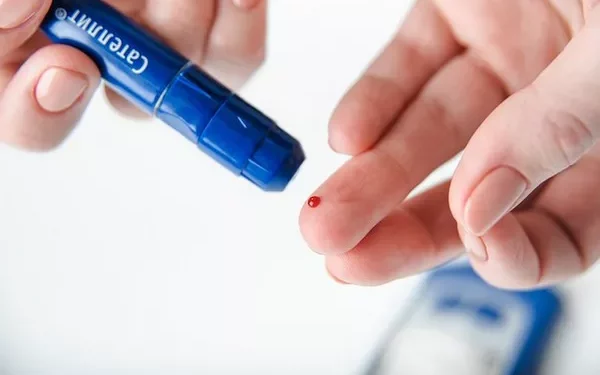A groundbreaking study from the University of Virginia’s Center for Diabetes Technology reveals that continuous glucose monitors (CGMs) could predict the onset of serious complications in individuals with type 1 diabetes. The study, published in January 2025, offers new insights into how CGM data can serve as an early warning system for complications such as blindness, nerve damage, and kidney disease.
The research analyzed data from the landmark Diabetes Control and Complications Trial (DCCT), a decade-long study involving 1,440 participants. Originally published in 1993, the DCCT established hemoglobin A1c levels as the gold standard for diabetes management. However, by incorporating advanced machine learning techniques, UVA researchers simulated CGM data from the participants, allowing them to assess the impact of continuous glucose monitoring on long-term diabetes outcomes.
According to UVA Health, the study found that the amount of time patients spent within a safe blood sugar range (between 70 and 180 mg/dL) over a 14-day period was just as effective at predicting complications as the traditional A1c method.
“This is the first study of its kind, to the best of our knowledge,” said Dr. Boris Kovatchev, director of the UVA Center for Diabetes Technology. “Continuous glucose monitoring is still a relatively new tool in diabetes care, and it hasn’t yet been fully embraced in clinical practice as it should be.”
Kovatchev emphasized that this study could revolutionize how doctors monitor patients with type 1 diabetes. By using CGM data, healthcare providers can more accurately identify individuals at higher risk of developing complications and tailor treatment plans to individual needs.
The study also points to the broader potential of virtualizing clinical trials using advanced scientific methods. “This research demonstrates how we can fill gaps in older data and accelerate the pace of research, making conclusions and hypothesis testing more efficient and cost-effective,” Kovatchev added.
This breakthrough suggests that CGM technology could be a key tool not only in managing diabetes but also in preventing its long-term complications, offering a new level of precision in patient care.
Related topics:
Carrots May Offer Natural Support in Managing Type 2 Diabetes
Sugar-Sweetened Beverages Contribute to Millions of Diabetes and Heart Disease Cases Worldwide
Sugary Drinks Fuel Global Diabetes and Cardiovascular Disease Epidemic


























